Instant Opinion: confusion surrounding Brexit is ‘the whole idea’
Your guide to the best columns and commentary on Wednesday 23 October
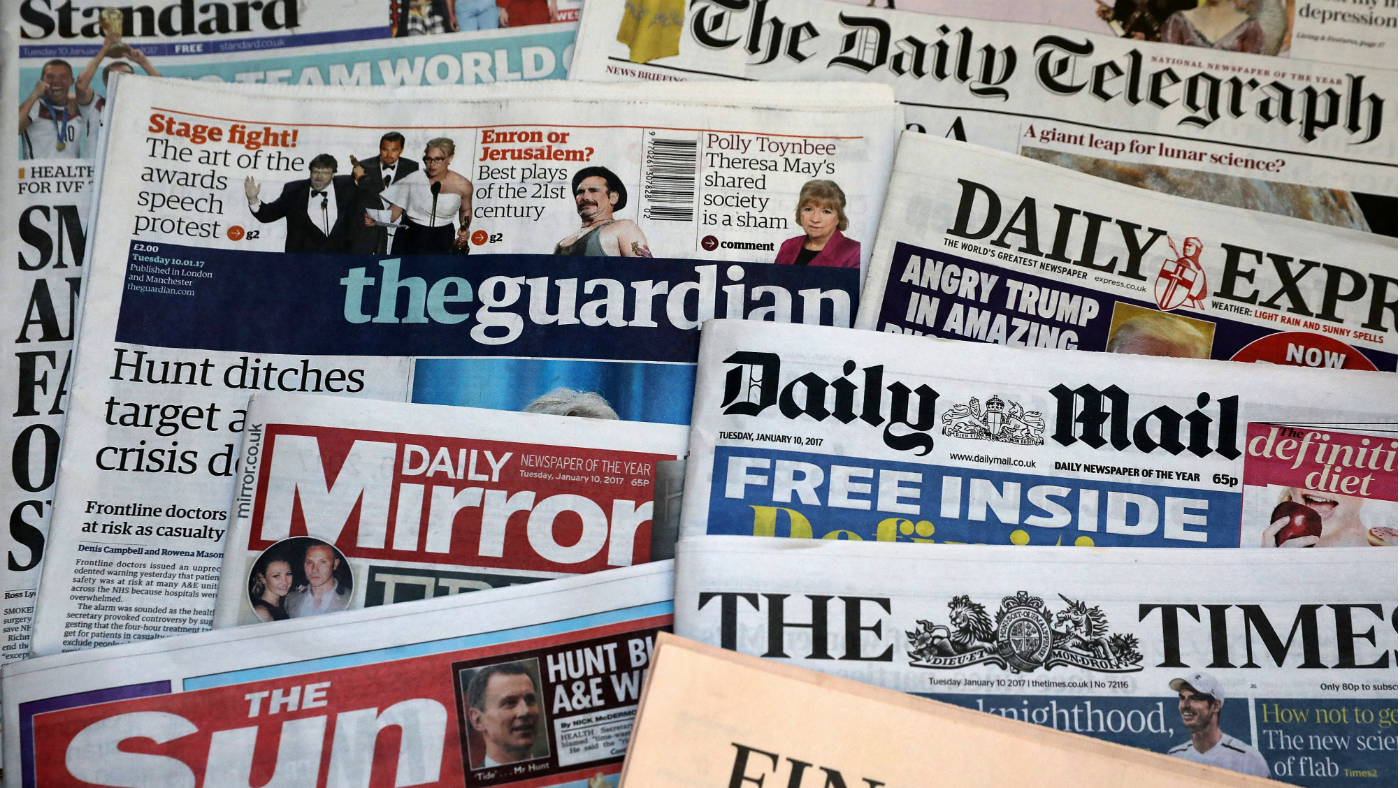
A free daily email with the biggest news stories of the day – and the best features from TheWeek.com
You are now subscribed
Your newsletter sign-up was successful
The Week’s daily round-up highlights the five best opinion pieces from across the British and international media, with excerpts from each.
1. Tom Peck in The Independent
on another confusing night in Parliament
The Week
Escape your echo chamber. Get the facts behind the news, plus analysis from multiple perspectives.

Sign up for The Week's Free Newsletters
From our morning news briefing to a weekly Good News Newsletter, get the best of The Week delivered directly to your inbox.
From our morning news briefing to a weekly Good News Newsletter, get the best of The Week delivered directly to your inbox.
For seventeen spectacular minutes, the House of Commons actually had an opinion on Brexit
“If you’re confused as to why the House of Commons said yes to Brexit then said no to it 17 minutes later; if you’re confused at whether there’s going to be a Brexit extension when Boris Johnson both asked for one and then didn’t ask for one in the form of two letters in one envelope; indeed if you’re confused about why the country voted to leave the European Union when it is self-evidently not in its interest to do so – then it all starts to make a bit more sense once you’ve worked out that you being confused is the whole idea.”
2. Nathan Robinson in The Guardian
on an ugly feud developing in US politics
A free daily email with the biggest news stories of the day – and the best features from TheWeek.com
Hillary Clinton’s attacks on Tulsi Gabbard are embarrassing
“Even though Gabbard may be a flawed messenger, the message itself is correct: we no longer need to hear what Hillary Clinton thinks about anything. Her kind of politics is, thankfully, a relic of history, and we have moved on. It’s sad that instead of doing something useful with her post-political career, Clinton has decided to lob ludicrous, borderline defamatory, accusations at younger Democratic women who were less wrong than Clinton was about dozens of issues. Fortunately, hardly anybody is listening any more.”
3. Dominic Malcolm on HuffPost
on the risk of brain injury in sport
Football’s concussion crisis tells us as much about the dangers of sport as it does about the society we live in
“The concussion crisis in sport is particularly revealing; because neuroscience has so far proven so little there is a lot of room for extrapolation and speculation. There is no doubt in my mind that sports participants need much better information about how to recognise and respond to concussion, and concussion protocols need to be more effectively implemented at all levels of sport. But equally the response to findings such as these must be measured, or it will only serve to perpetuate sport’s concussion crisis and make it more difficult to resolve.”
4. Meg Bernhard on Politico
on speaking out in one of Europe’s quietest - and most religious - countries
Andorra’s abortion rights revolution
“There were no demonstrations in Andorra, until feminist campaigners took to the streets. For decades, the mountaintop microstate was synonymous with winter sports and tax-free shopping - not political protests. Wedged between Spain and France, the independent principality, one of the world’s smallest countries, has largely been spared the mass social movements that have rocked its neighbors. The country’s women’s rights campaigners want to change that - they’re pushing to overturn Andorra’s strict abortion law, which forces women seeking to terminate their pregnancies to seek treatment outside the country.”
5. UN General Assembly President Tijjani Muhammad-Bande on Al Jazeera
on the enduring strength of supranational bodies
United Nations of difference
“Some say that today’s challenges are part of a pattern - the cycles of history. There are undeniably cycles of human history spanning generations: the rise and fall of empires, population booms and busts, the spread and disappearance of religions and cultural beliefs, decades of unification followed by separation. But history, of course, never fully repeats. There are always differences. For in today’s generation should there be a lack of willingness by world leaders to cooperate - and there have been many such times before - it comes, paradoxically, at the same time that the world’s citizens have never been more connected.”
-
 How the FCC’s ‘equal time’ rule works
How the FCC’s ‘equal time’ rule worksIn the Spotlight The law is at the heart of the Colbert-CBS conflict
-
 What is the endgame in the DHS shutdown?
What is the endgame in the DHS shutdown?Today’s Big Question Democrats want to rein in ICE’s immigration crackdown
-
 ‘Poor time management isn’t just an inconvenience’
‘Poor time management isn’t just an inconvenience’Instant Opinion Opinion, comment and editorials of the day
-
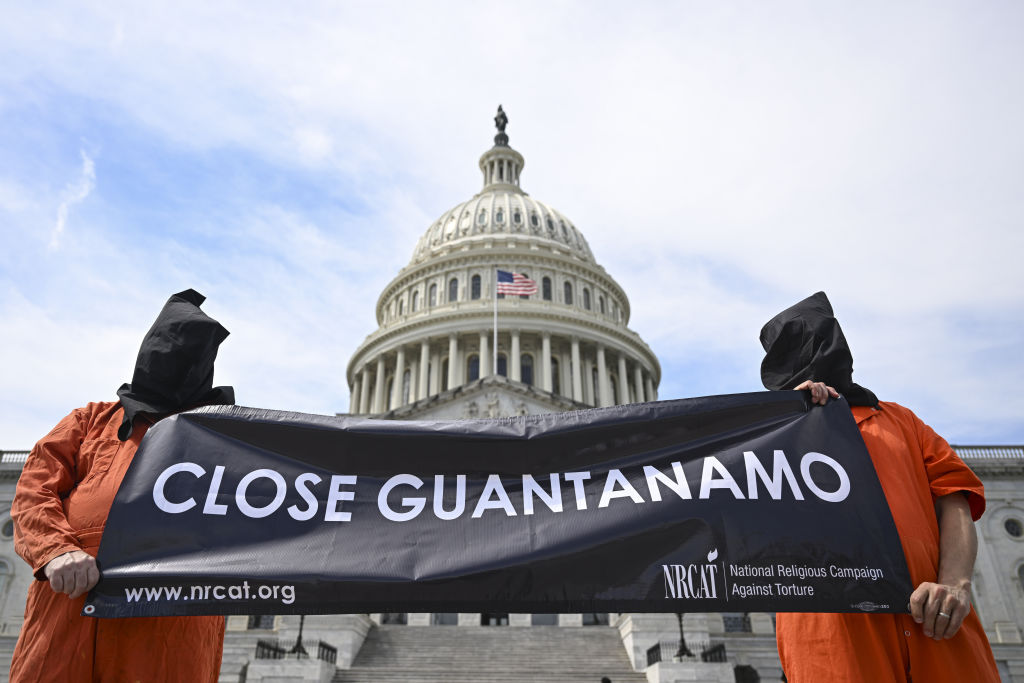 Conditions at Guantanamo Bay inhumane and cruel, UN investigator says
Conditions at Guantanamo Bay inhumane and cruel, UN investigator saysSpeed Read
-
 Boris Johnson shocks UK by resigning from Parliament
Boris Johnson shocks UK by resigning from ParliamentSpeed Read
-
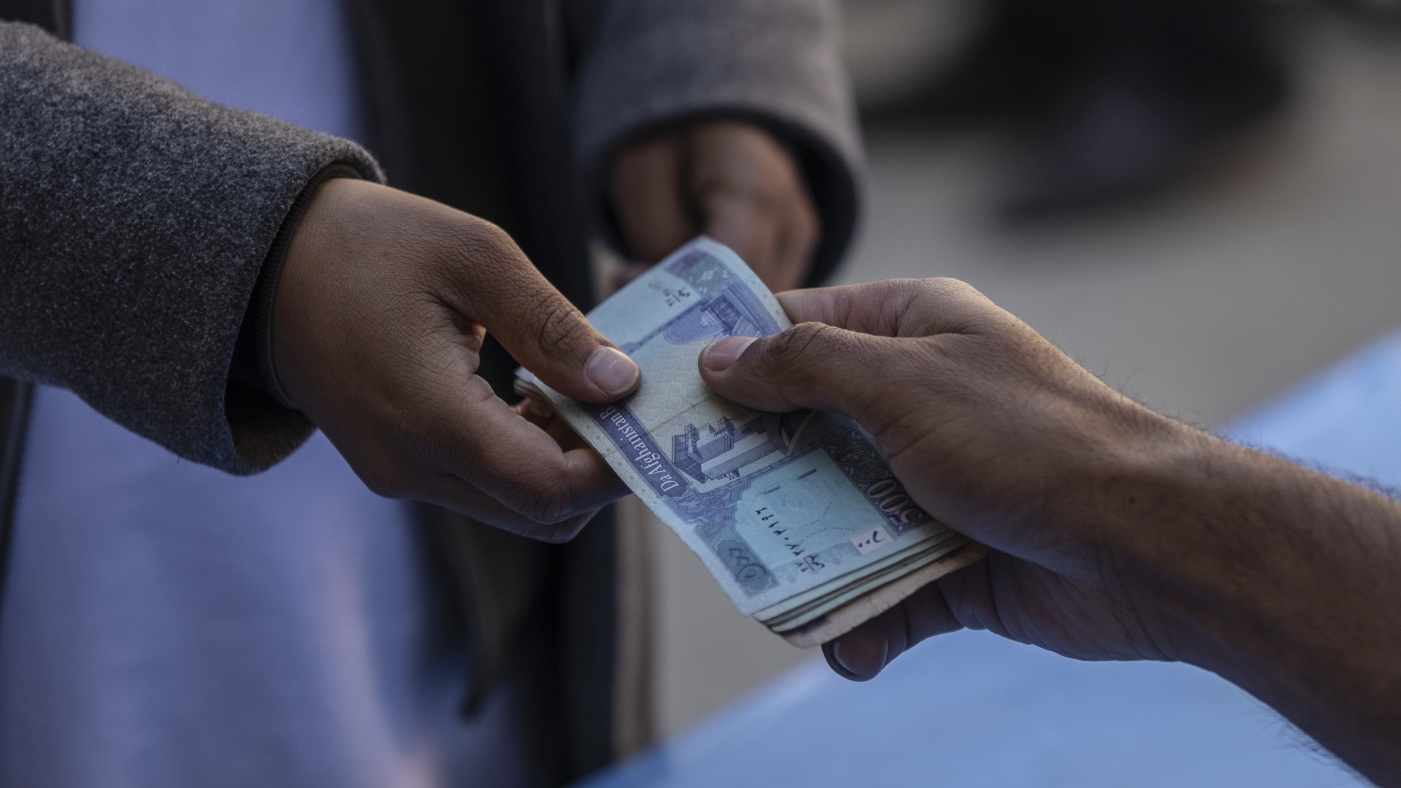 Pros and cons of cash transfers in humanitarian aid
Pros and cons of cash transfers in humanitarian aidPros and Cons The number of people around the world receiving direct monetary aid has risen 240% since 2020
-
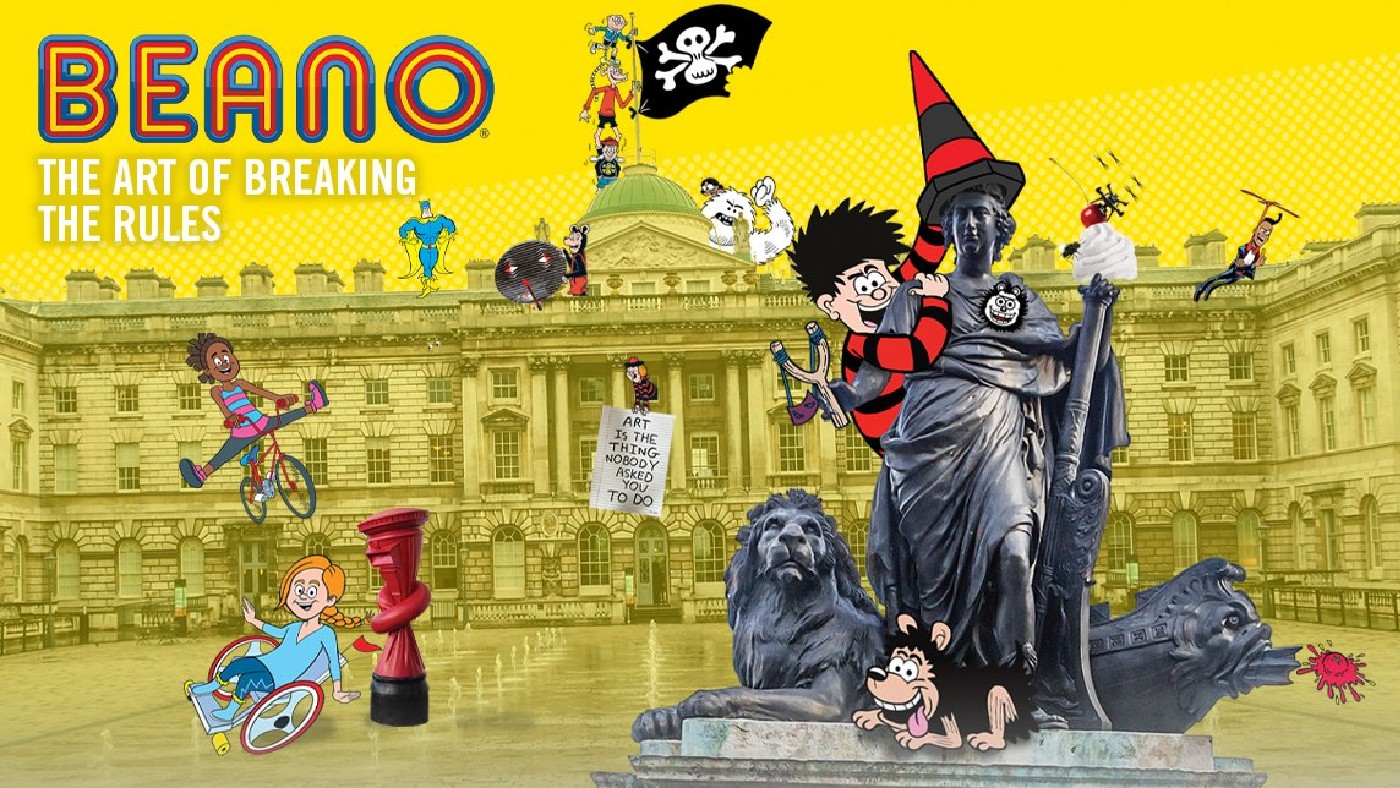 Beano comics sent to Australia
Beano comics sent to Australiafeature And other stories from the stranger side of life
-
 Bees delay flight for three hours
Bees delay flight for three hoursfeature And other stories from the stranger side of life
-
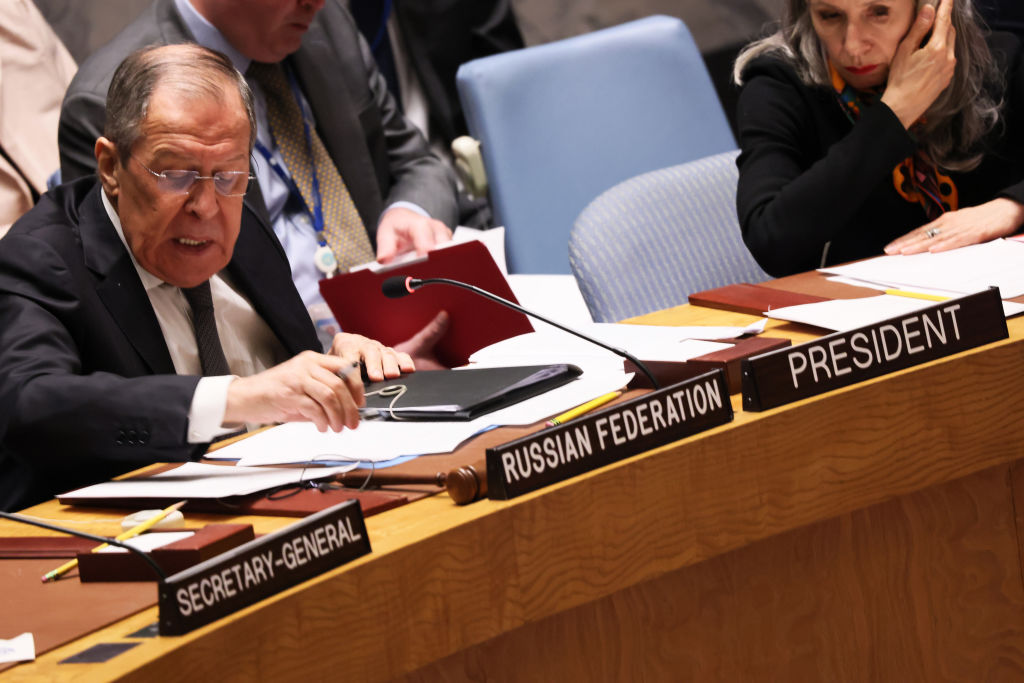 Western diplomats slam Russia's Sergey Lavrov during UN meeting
Western diplomats slam Russia's Sergey Lavrov during UN meetingSpeed Read
-
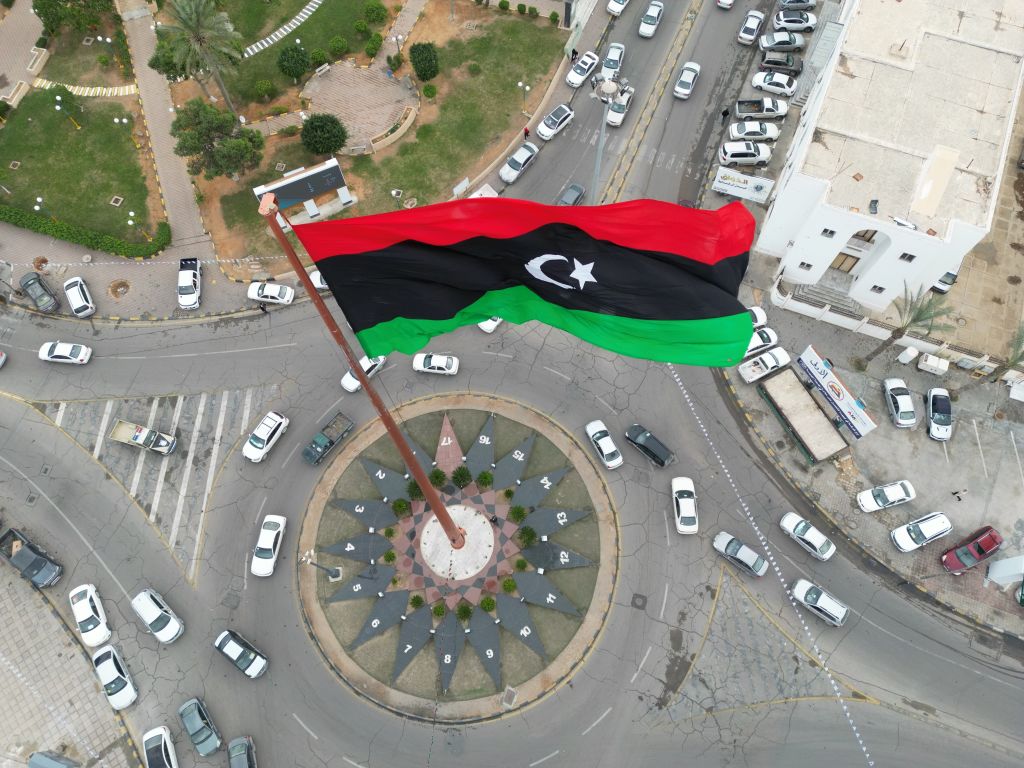 U.N. nuclear watchdog says 2.5 tons of uranium is missing from Libyan site
U.N. nuclear watchdog says 2.5 tons of uranium is missing from Libyan siteSpeed Read
-
 Nigerian military has run forced abortion program for years, report says
Nigerian military has run forced abortion program for years, report saysSpeed Read